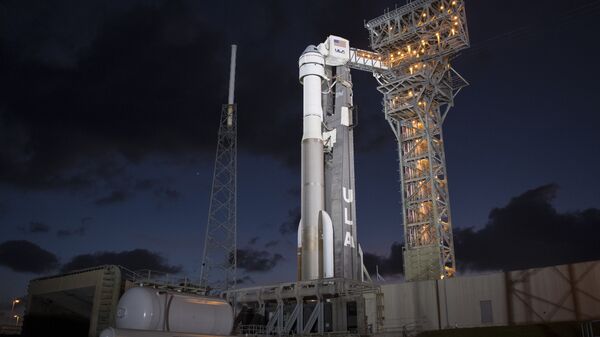"The second flight of the Starliner spacecraft to the ISS without crew is expected in mid-November 2020, while the first flight with crew - in April 2021", the source said.
In April, Boeing announced that it was going to refly its uncrewed orbital flight test after problems during its first flight in December 2019.
In December 2019, the Starliner spaceship set off on its first test flight to the International Space Station, but docking was canceled after Starkiner failed to execute an orbit-insertion burn on schedule.
Earlier in the day, the SpaceX rocket with NASA astronauts Bob Behnken and Doug Hurley lifted off to the International Space Station (ISS) in a second attempt, after Wednesday's launch was postponed due to bad weather conditions.
The Boeing Starliner is a $4.2 billion next-gen crew capsule with a capacity of up to 7 astronauts, a free-flight operating capability of up to 60 hours, and the ability to remain docked in orbit for up to 210 days. It is designed to be launched by Atlas V non-reusable rockets, which use Russian-made RD-180 engines developed by NPO Energomash.


